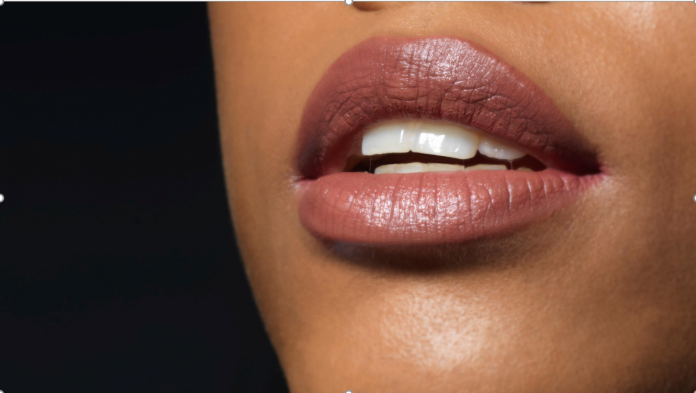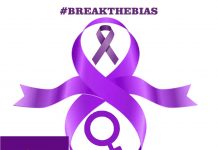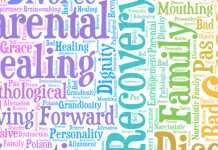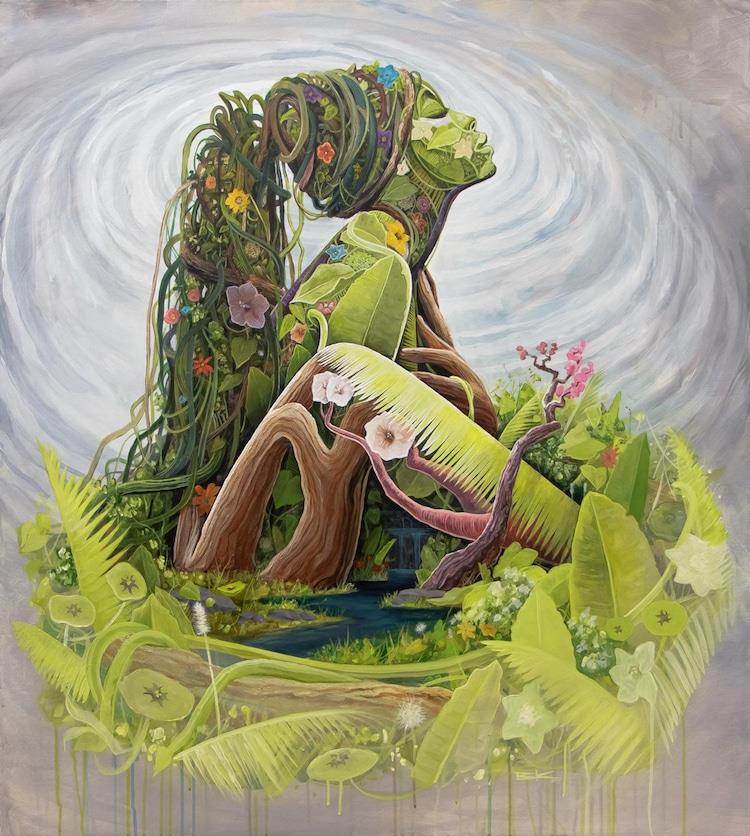There is no better day, time, and occasion to remind us all that to achieve gender equality and break the bias, we must put a stop to all forms of domestic and gender-based violence than today.
SGBV remains the greatest obstacle to gender equality, women empowerment, breaking all biases, barriers, and boundaries women face.
In order to break the bias standing in the way of women’s growth and gender equality, we must break the silence against all forms of gender violence, domestic and sexual abuse.
This feature article was for the 10- Days Activism against Gender and Domestic Violence. There is no better time to create awareness about SGBV, re-iterate the need and urgency to obliterate it in our society.
For those who do not know, November 25th to 10th December of every year has been marked as the 16 days of activism to create awareness about the global epidemic of violence against women and girls.
Violence against women and girls is a global crisis that doesn’t seem to abate despite all the civilization and development, prompting the United Nations to term it a pandemic.
Following the outrageous escalation in violence during the covid19 lockdown of 2020. It was tagged as ‘a pandemic within the pandemic’.
GLOBAL OUTLOOK
The world over, women and girls have faced a myriad of unique challenges for centuries. And despite efforts of many societies to mitigate the historic marginalization and violence against women and girls, it has remained endemic.
It is today the most widespread human rights violation in the world, with a recorded every 1 in 3 women have experienced some form of violence in their lives, which comes down to a cumulative average of 736 million women experiencing abuse in their lifetime.

IMPACT
Women and girls are always the worst affected by war, climate change, poverty, industrialization, and global health crises.
The impact of violence and abuse is multifaceted. It begins with the victim, and manifest in several ways, – mental health issues, medical bills, and even STDs in the cases of sexual violence. The effects of this violence do not end with her, it trickles down to her family and society.
The first and most significant to be affected are her kids as her trauma impacts negatively on them and her ability to be a good mother, function optimally at her job, pay school fees, which may have her kids drop out of school because she cannot cope.
The impact of VAWG(Violence Against Women and Girls) manifests in a cascade of consequences including war and poverty, which makes it a global problem.
NIGERIAN OUTLOOK
Nigeria is one of the countries with the highest rate of (GBV)gender-based violence in the world, just as in many parts of the African continent.
This is based on the culturally accepted belief that violence is an act of discipline or love, hence gender-based violence continues to rise with no indication of reduction.
For example, there is a 2013 survey report that said the rate of domestic violence in Nigeria increased from 21 to 30% between 2011 – 2013.
However, the statistics during the Covid19 lockdown in 2020 were worse.
Dr. Uzodinma Edirieje is a He4She champion, development expert, and international consultant with decades of experience in consulting on development issues. He is the executive director of Afrihealth Optonet Association and the program manager advocacy & communications of HEFRON(Health Reform Foundation of Nigeria ) amongst many other achievements. He is also a fellow of the 1000 voices treaty.
Domestic violence, gender abuse, and violence against women and girls can be in the form of assault, battery, torture, acid baths, rape, molestation, maltreatment, sexual, emotional, and psychological abuse which can ultimately lead to death from the hands of those who claim to love and protect them.
However, most victims of domestic violence do not speak out about violations of their rights due to the fear of stigma, deprivation, more abuse, nonchalance, insensitivity, and negative response from their immediate family and society at large.
The Guardian Nigeria in February 2021, reported that cases of Domestic Violence are on the rise with reported cases of beating, maiming, or killing of a spouse every day, and in some rare cases, the victims are men.
Therefore, the Nigerian government adopted the legal proceedings and process to prosecute men who abuse women in several states pushing for federal laws concerning domestic violence, and for a stronger national response and support.
SHADOW PANDEMIC
The outrageous rise in rates of domestic violence from the coivd19 lockdown in 2020 necessitated the need for urgent action and intervention leading the UN to name it as the ‘shadow pandemic-a pandemic within the pandemic’.
UN women record stated that the year before the pandemic, an estimated 243 million women and girls have been confirmed victims of violence across the world. But the figures intensified at the onset of the pandemic due to a lot of factors bordering on movement restrictions, family welfare, living conditions, finances, and being isolated with their abusers in confined spaces for long periods.
THE GLOBAL TREATY

Several people ask why a global treaty is required to end violence against women and girls as there are already established regulations and laws that have been adapted to combat it.
However, even though that is so, the need for a global treaty to end violence against women and girls is long overdue because of the apparent gaps that exist in the already established regulations which have enabled it to thrive.
Existing documents like the Balem de Para, CEDAW, and the Istanbul Protocol, for instance, are thorough and intact as they may seem have proven to be ineffective in achieving the elimination of violence against women and girls. Not many countries were represented during the drafting and adoption of the Istanbul Conventions hence not many signed up for it even amongst the European Union nations. Moreover, countries who signed up for it have eventually withdrawn endorsements including the Turkish Government as of 2021.
A global treaty is highly needed as it describes the universal definition of violence against women and girls, and provides explicit standards of action in persecution, punishment, guidance, and support for victims.
South African law Professor Rashid Manjoo, the United Nations special rapporteur on violence against women and girls called for a new global framework to address the incessant epidemic in 2012, and frontline scholars and activists heard her call leading to a convention at Harvard’s Carr Centre for human rights policy to discuss it. This convention birthed every woman treaty which now comprises over 1700 women rights activists, 840 organizations in 128 countries around the world.
Every woman treaty launched a public campaign in 2019 embarking on a global diplomatic effort demanding a new more inclusive agreement to end violence against women and girls.
HOW TO BECOME A EWT FELLOW
The enormity of violence against women and girls in Nigeria is the reason Nigerian president Muhammadu Buhari not only endorsed the global treaty but also became the first sitting president to call for the treaty to end violence against women and girls.
The global treaty when implemented will represent the pinnacle of global commitments creating a rigorous, legally binding framework for every nation on earth to undertake evidence-based interventions, catalyze and increase in funding, and monitor progress. Because it is bound by international law, the treaty shall be accompanied by full funding to support the whole hand framework which so far, represents the highest commitment to ending violence against women and girls everywhere. Women and girls deserve this.

Separately, these interventions influence various factors related to violence prevention but often work in isolation. But when applied at the same time, the interventions work in concert to drastically lower rates of violence.
For example, strong laws would be backed by training of staff in the health, justice, security, and service sectors, which would be supported by national campaigns and reinforced by a legal system that holds perpetrators accountable.
The thumb is the funding necessary to implement these interventions. And the palm represents the data and monitoring that holds states accountable for treaty implementation.

Join the coalition.
Be a part of history.
Happy International Women’s Day to all the women in the world.

Chevening Scholar.
1000 Voices Fellow.
Vital Voices Fellow
Social Enterprenuer. Anti PA Campaigner.




















